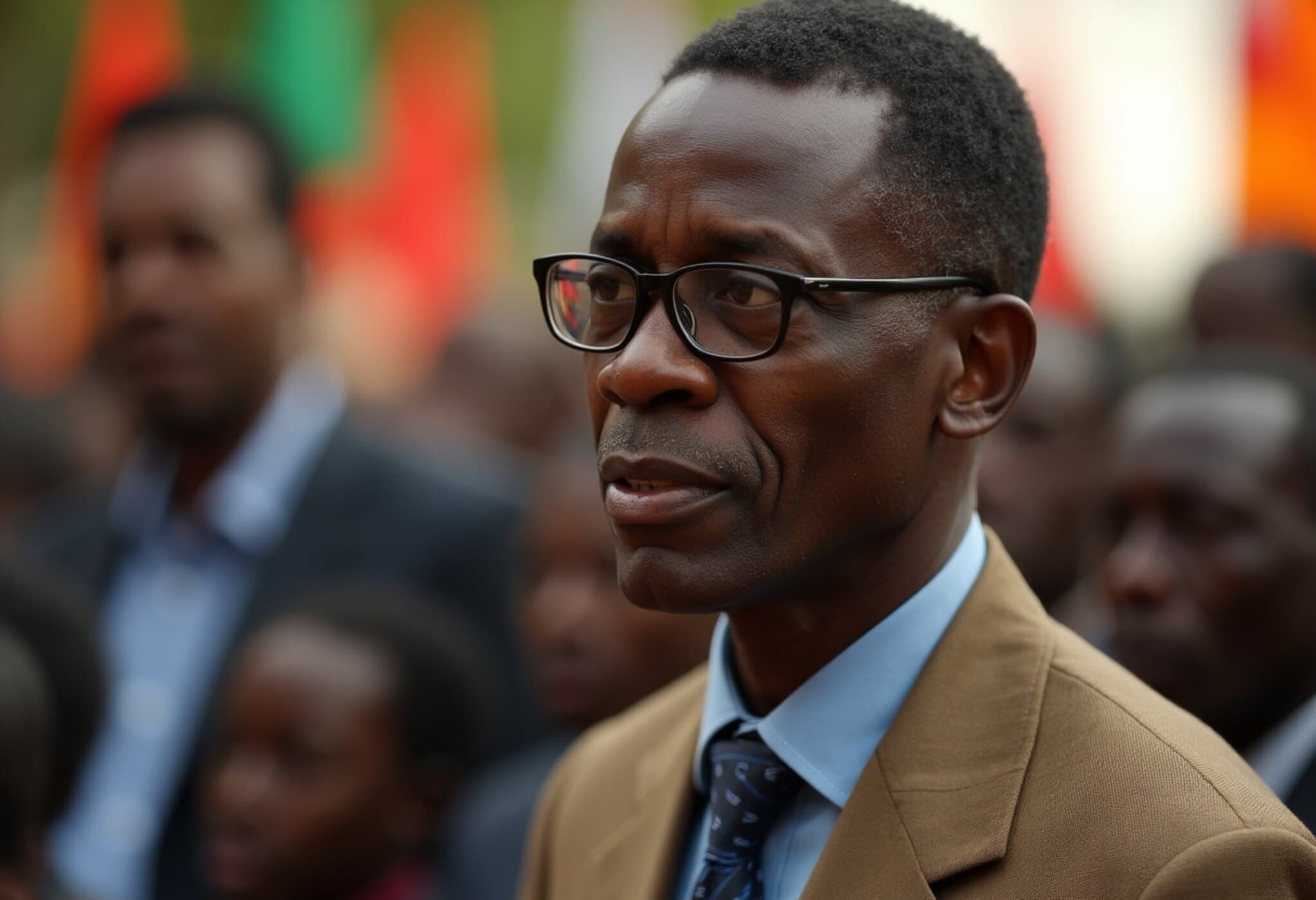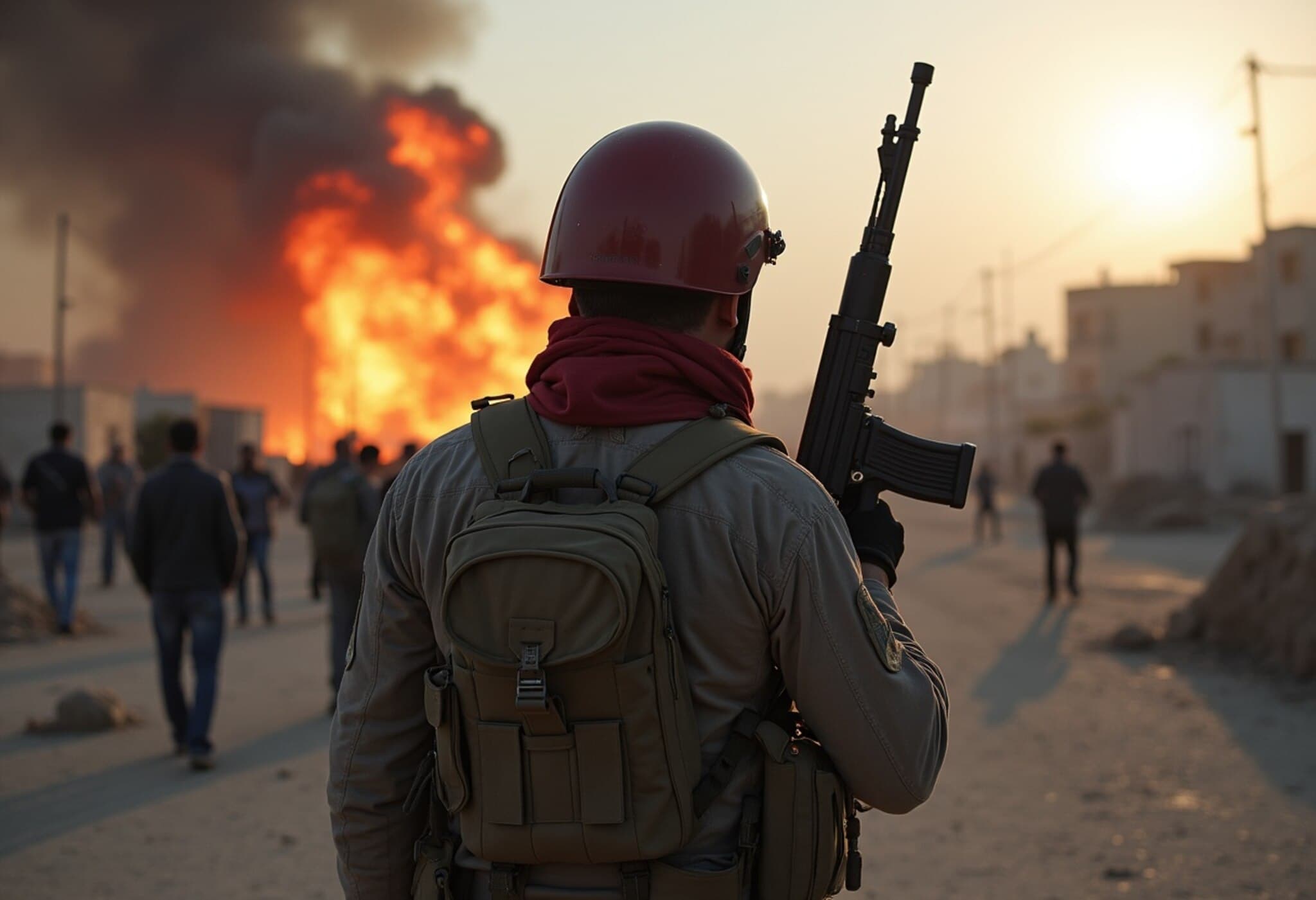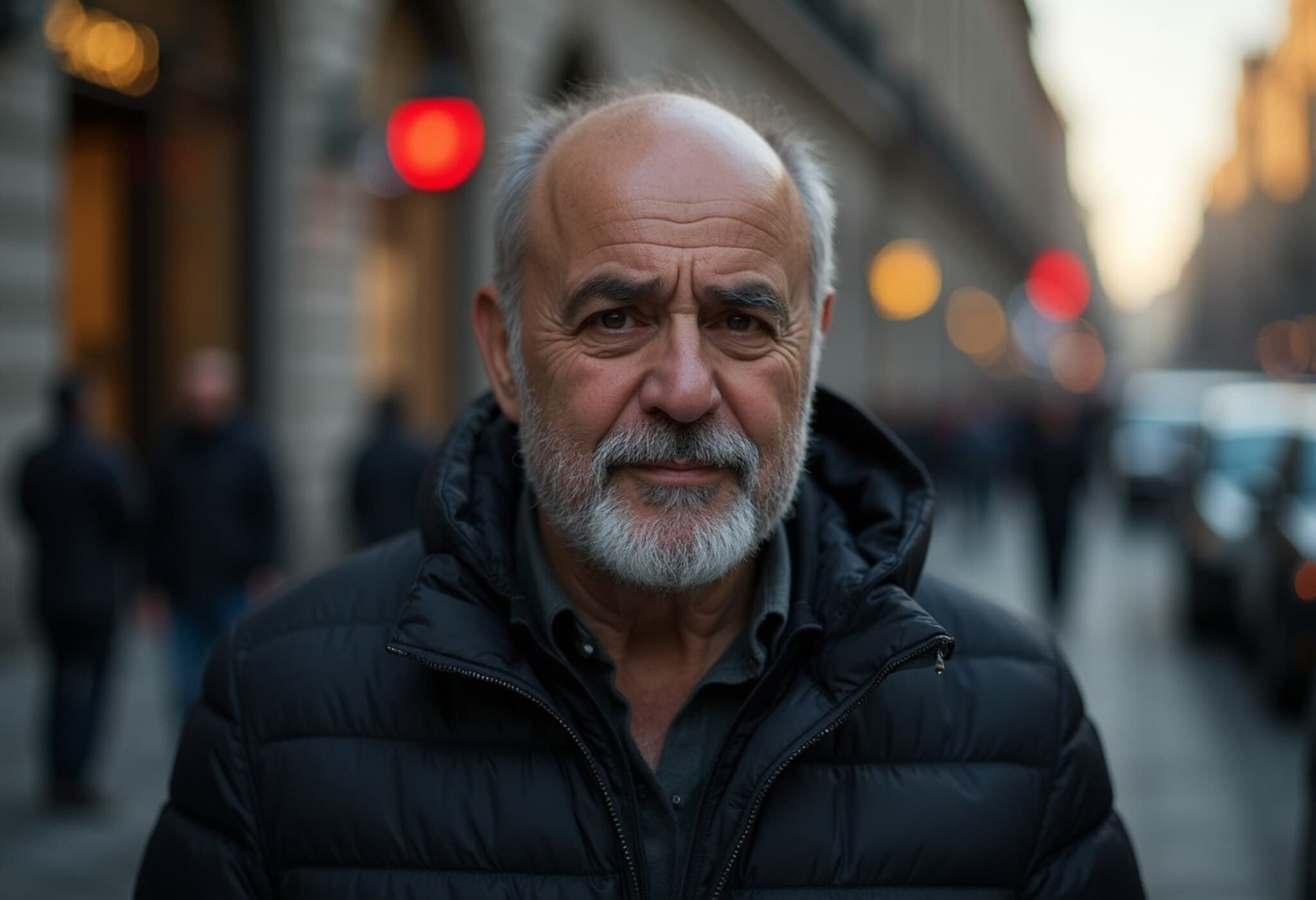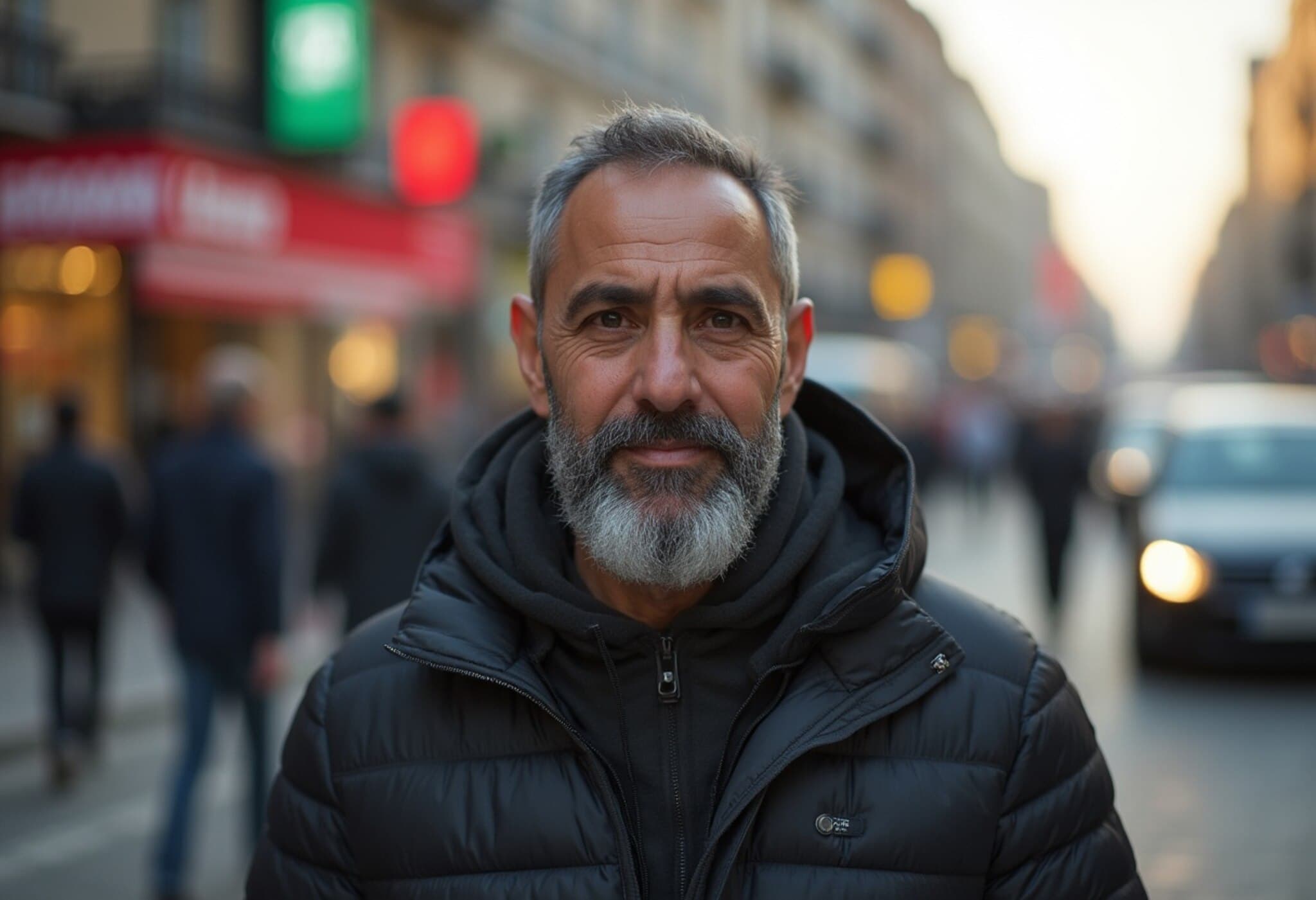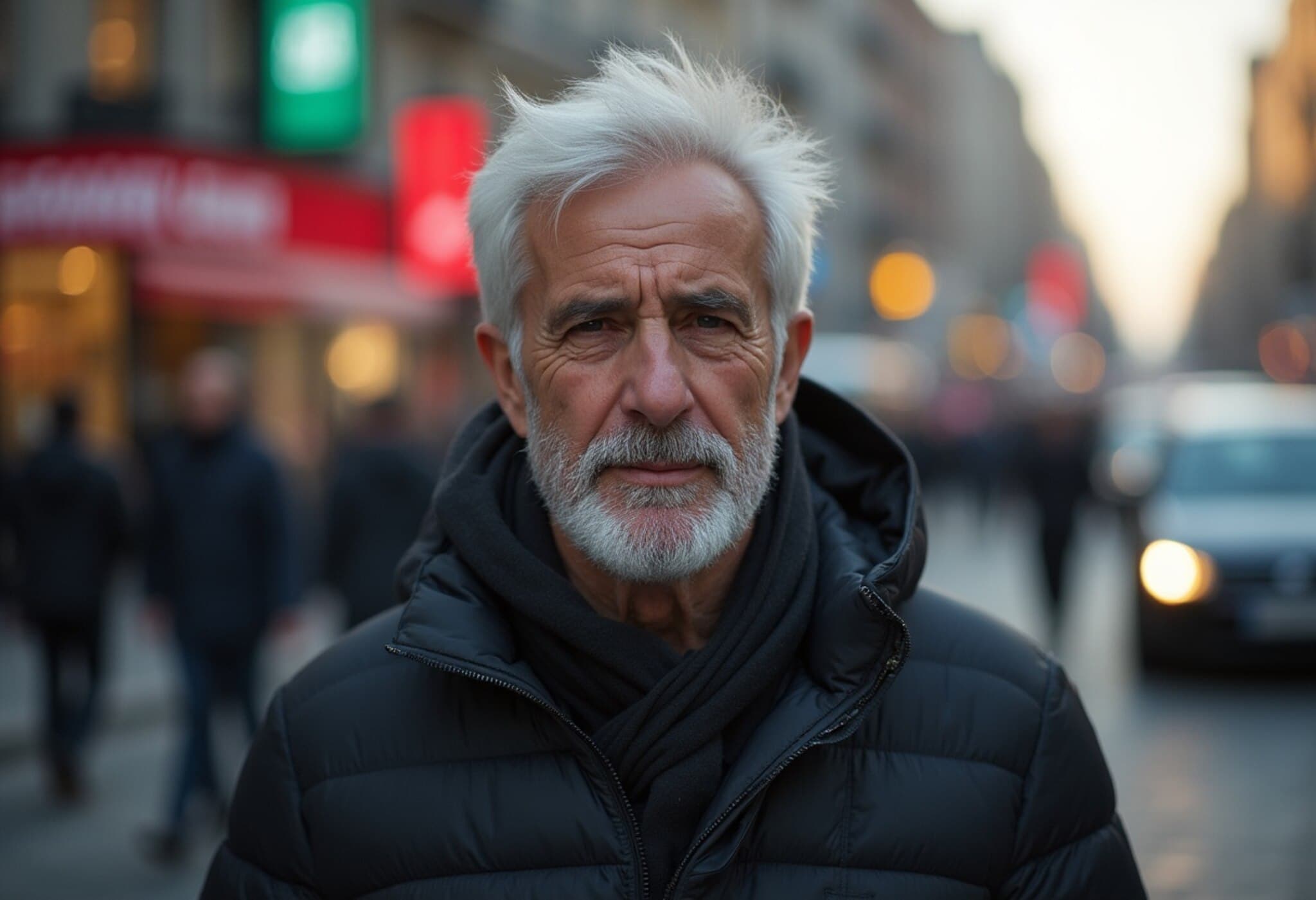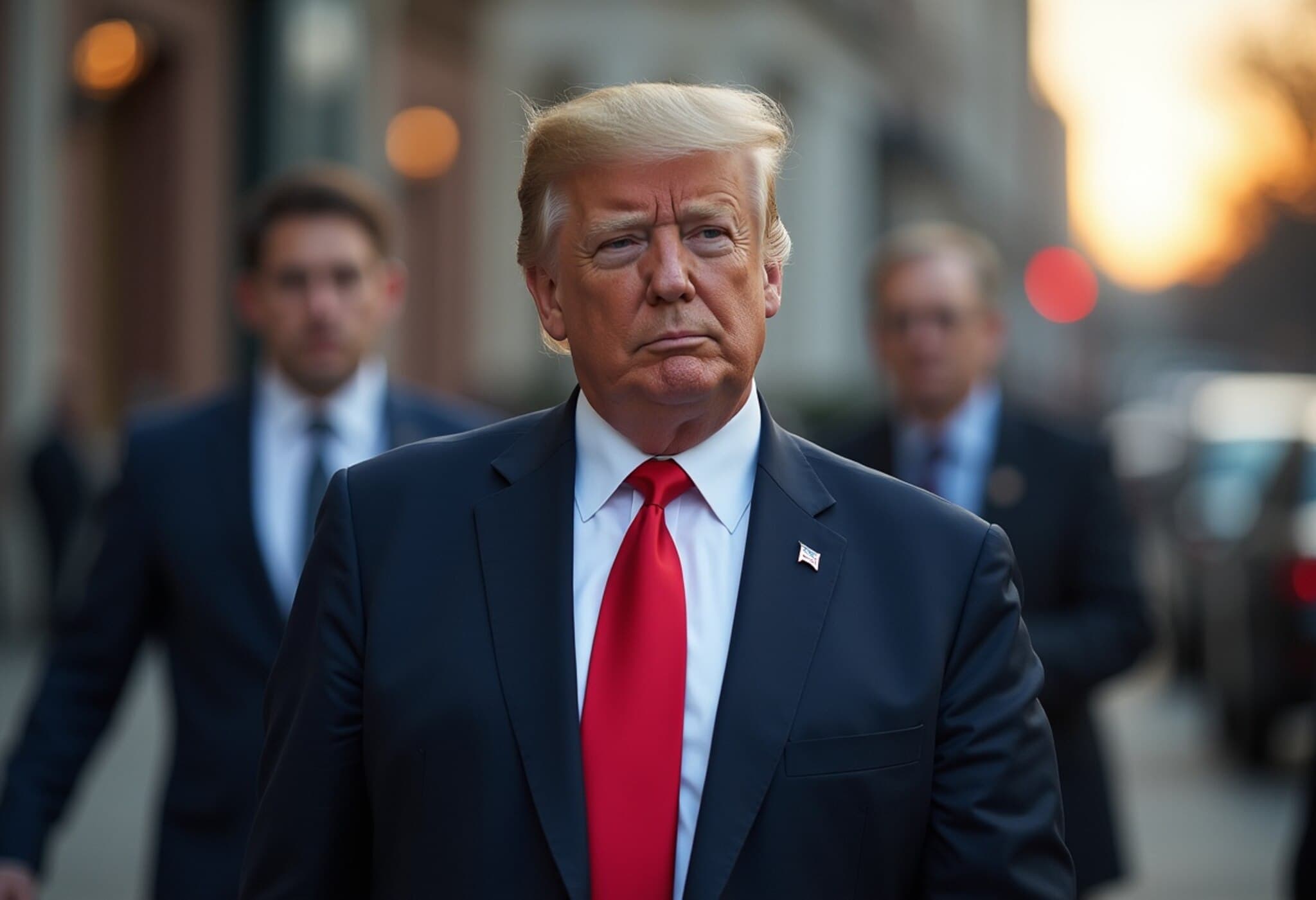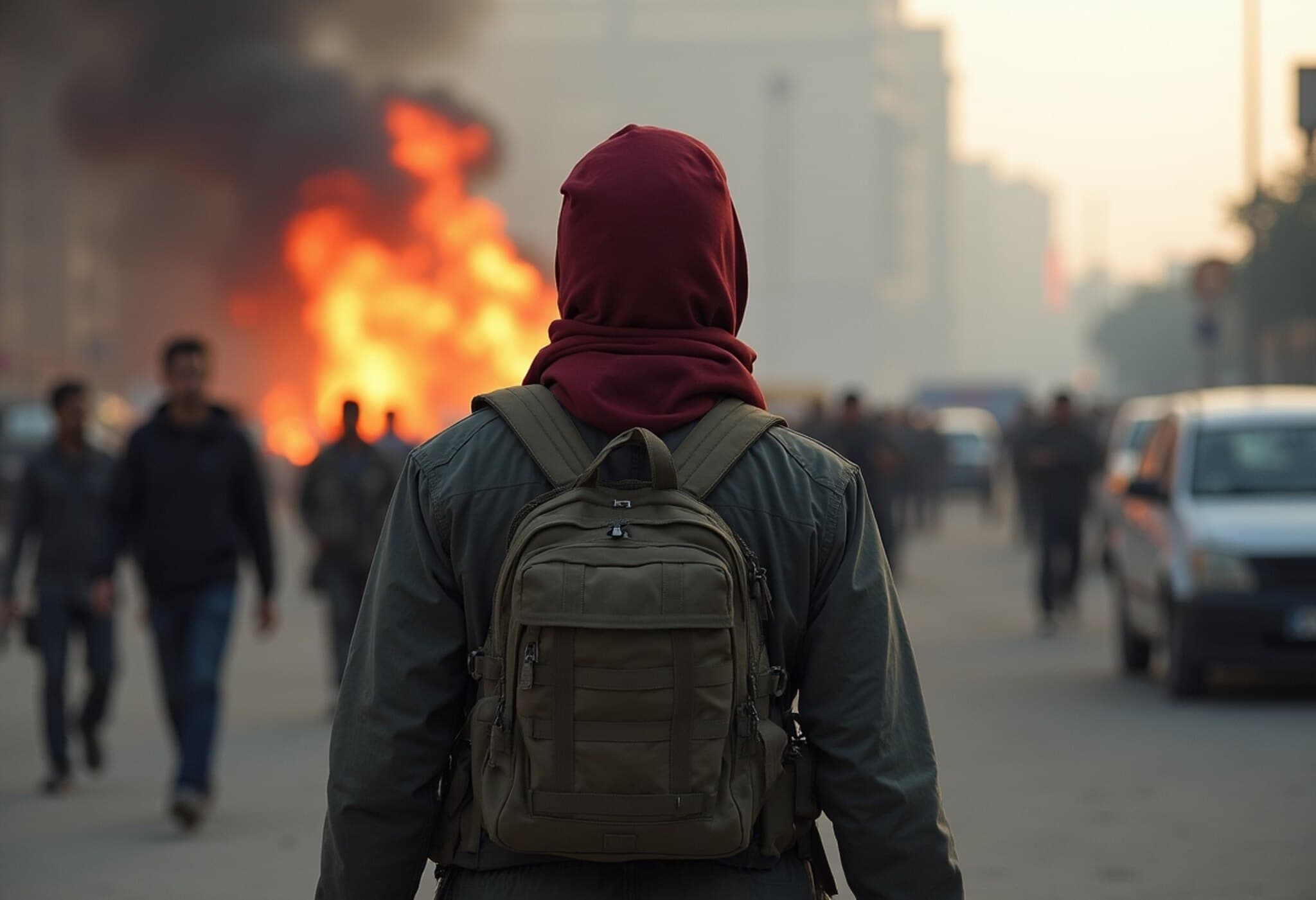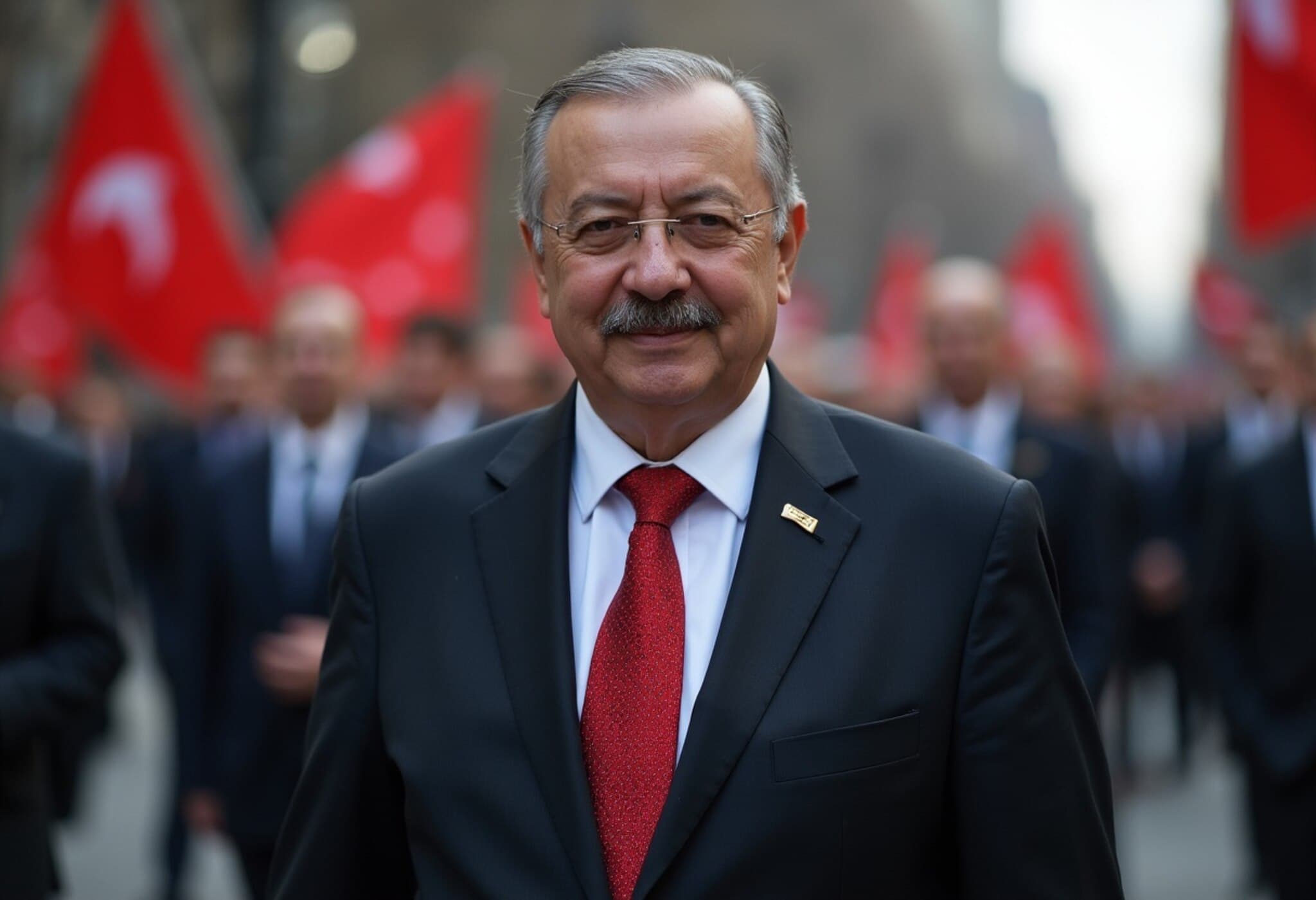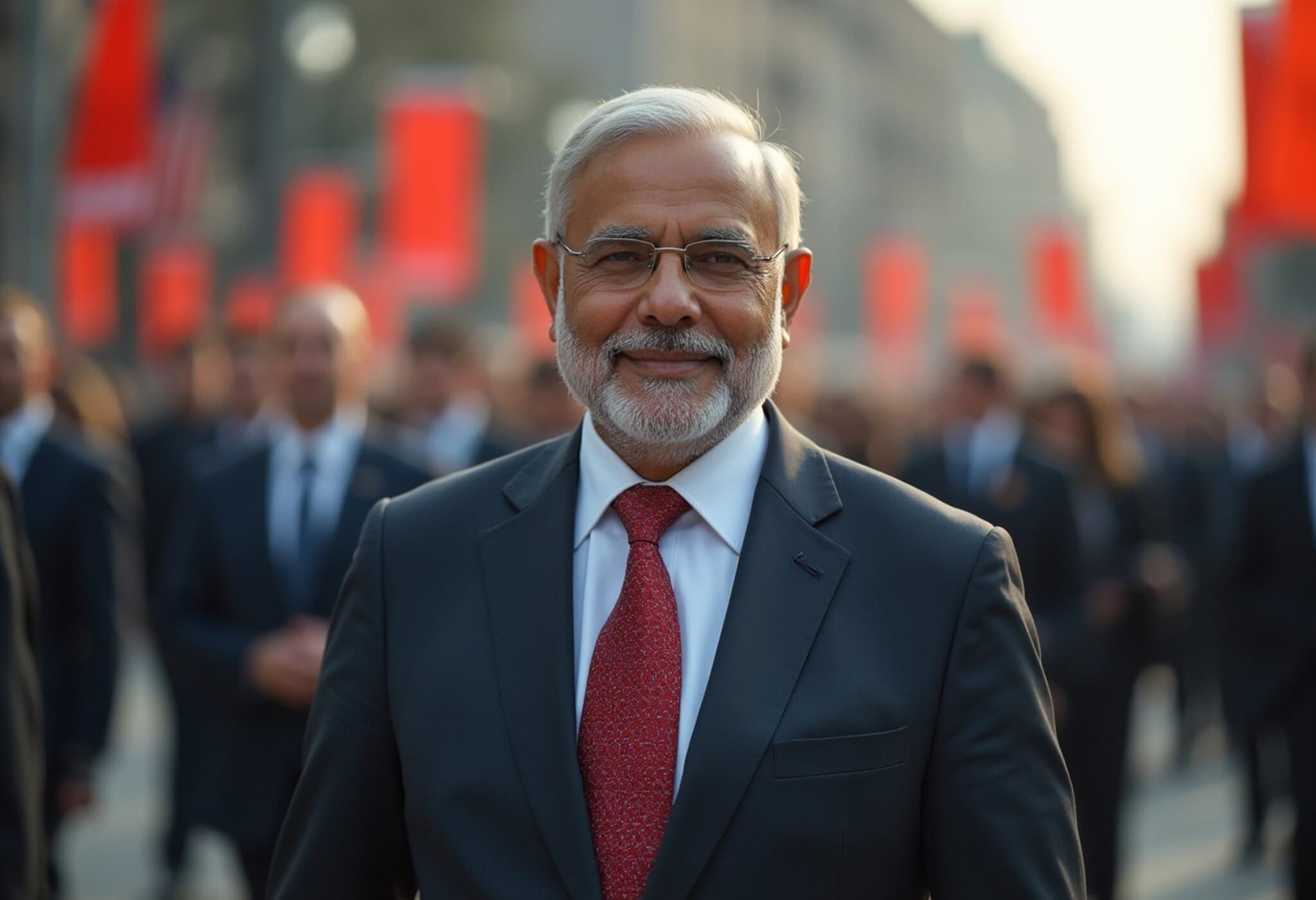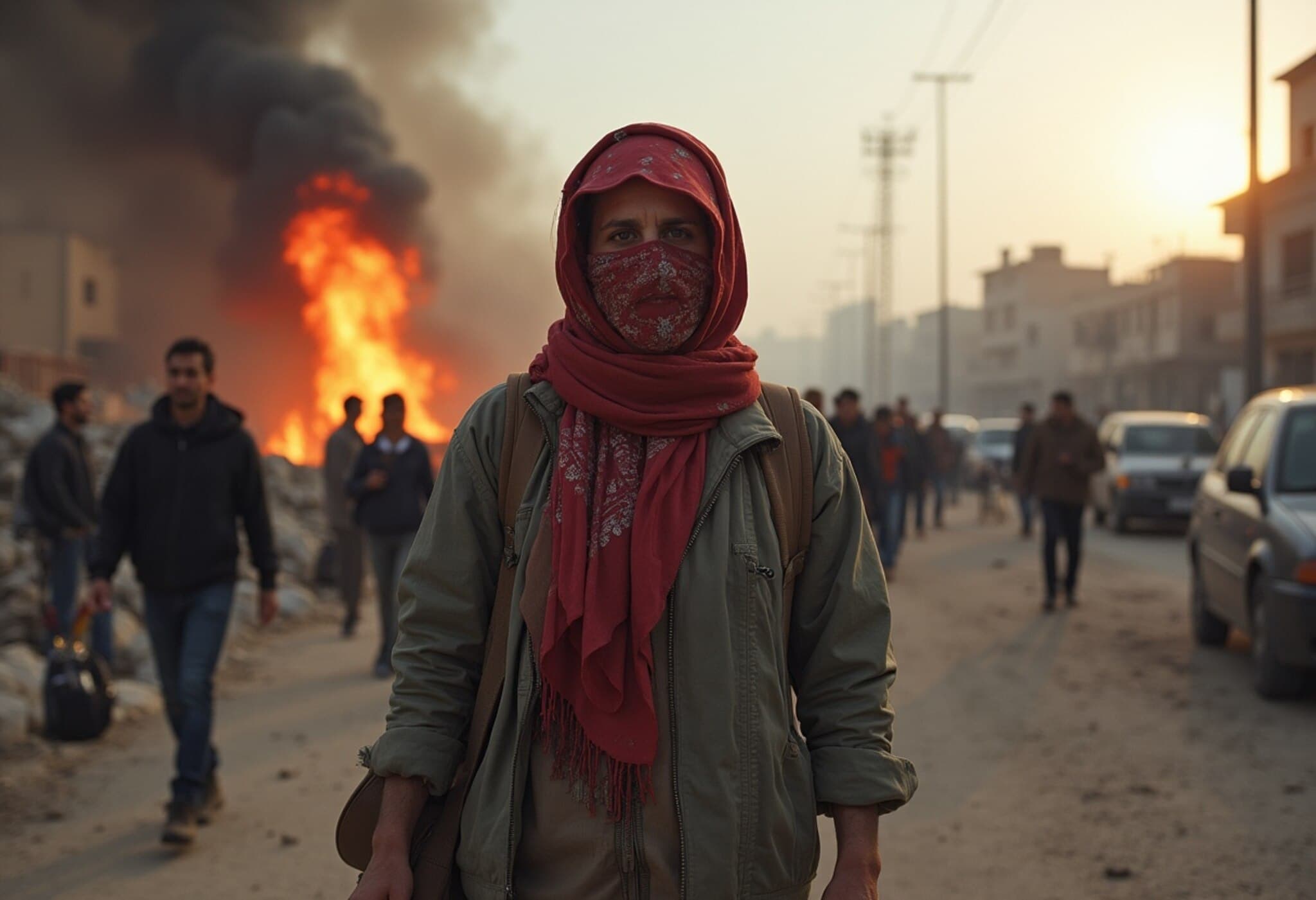Burkina Faso Suspends Radio Omega Following Controversial Facebook Post
On August 2, 2025, Burkina Faso's media regulatory authority took the decisive step of suspending Radio Omega’s broadcasting licence for a period of three months. The move was triggered by a Facebook post published by the station that referred to the military-led government as a “junta,” terminology deemed disrespectful and pejorative by the authorities.
Background: Media and Political Climate in Burkina Faso
Since Captain Ibrahim Traore’s military takeover in September 2022, Burkina Faso has witnessed a tightening grip on media freedom. Numerous independent journalists have fled the country amid growing repression, while several prominent media outlets—such as France’s LCI, RFI, and France 24—have also faced suspension or bans. Against this backdrop, the government’s intolerance for critical or unflattering descriptions of its rule remains firm.
What Sparked the Suspension?
The Higher Council for Communication (CSC) cited a July 30 post on Radio Omega’s Facebook page as the trigger for the suspension. The post, which discussed a protest held in Ouagadougou, mentioned the phrase “Burkinabe junta,” in reference to the military administration. According to the CSC, this phrase was intentionally insulting and suggested contempt for the authorities.
Radio Omega’s post also highlighted accusations by the military government that neighboring Ivory Coast harbors opponents and foments plots against Burkina Faso. While the station claimed responsibility for the content lay with a service provider whose material was not vetted by editorial management, the CSC condemned Radio Omega for lacking rigor in handling sensitive information.
Regulatory Response and Previous Warnings
The CSC’s ruling explicitly prohibits Radio Omega from broadcasting or publishing on any platforms—including its website and social media channels—during the three-month suspension. The council demanded a public apology be issued by the station to the Burkinabe authorities, its listeners, and readers.
This is not the first time Radio Omega has faced such sanctions. In August 2023, the station was suspended for a month following an interview with a Nigerien opposition spokesperson advocating for the reinstatement of Mohamed Bazoum, Niger’s ousted president. The government accused that broadcast of containing insulting remarks against Niger’s new authorities.
Implications for Media Freedom in Burkina Faso
Experts and press freedom advocates see this incident as part of a worrying pattern of growing authoritarian control over the media in Burkina Faso. The use of terms such as “junta” is commonly accepted in international journalism to describe military regimes, but the Burkinabe government views such language as an attack on its legitimacy.
This crackdown raises critical questions about the balance between national security concerns and freedom of expression—a balance that many emerging democracies struggle to maintain.
Looking Ahead: What’s Next for Burkina Faso’s Media Landscape?
- Heightened Self-Censorship: Media outlets may increasingly avoid sensitive terms or subjects to evade sanctions.
- International Scrutiny: Monitoring groups such as Reporters Without Borders may intensify pressure on Burkina Faso to uphold press freedoms.
- Regional Impact: Neighboring countries observing Burkina Faso’s approach may face similar challenges analyzing and reporting on military governments.
For now, the suspension of a major broadcaster like Radio Omega sends a clear signal regarding the limits of permissible discourse under the current Burkinabe regime.
Editor’s Note
This suspension highlights an ongoing tension in regions experiencing military rule: the struggle between safeguarding national stability and protecting journalistic independence. While governments cite the need for respectful dialogue about state authority, the international journalistic community views such suspensions as a chilling blow to freedom of expression. Readers and observers should consider how the use of language—terms like “junta”—not only reflects political realities but also informs public understanding. Ultimately, the resilience of media freedom in Burkina Faso will depend on a wider conversation about transparency, accountability, and the rights of citizens to seek information without fear of reprisal.










